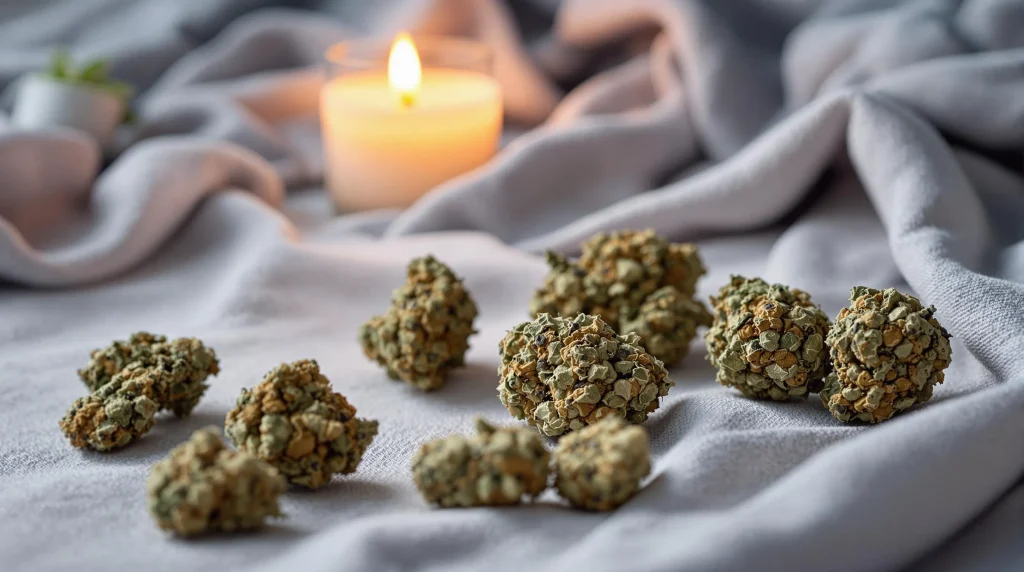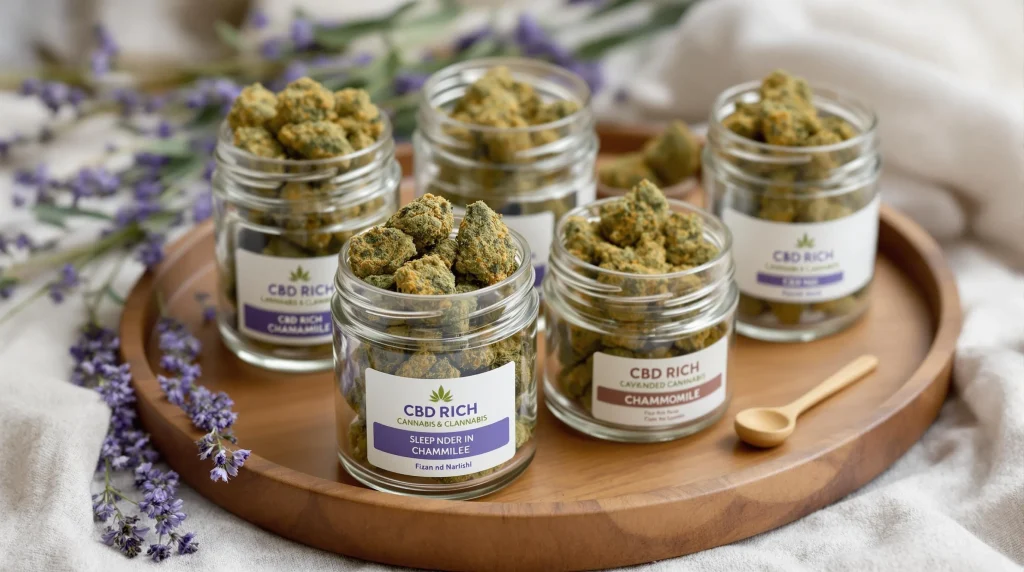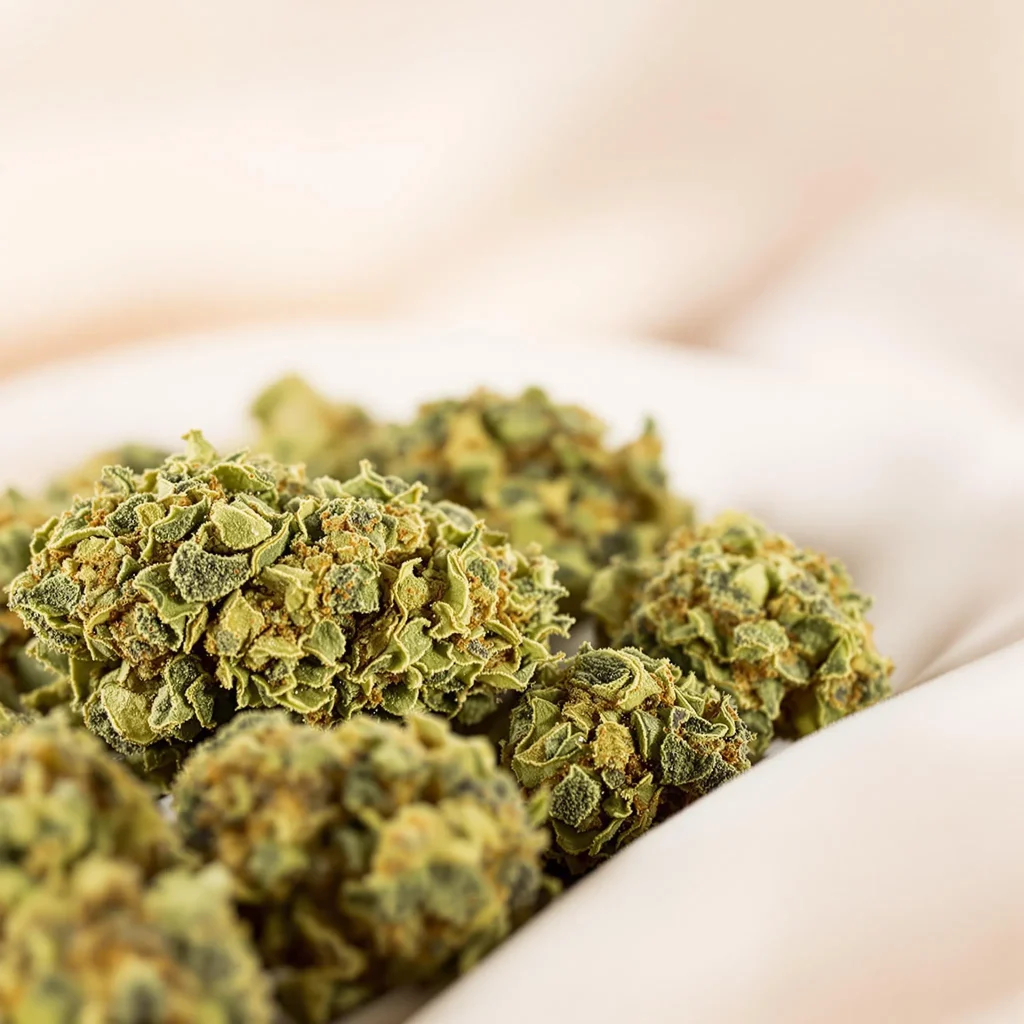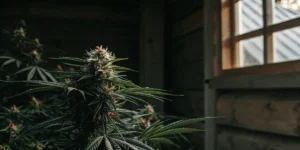How CBD Can Help with Sleep Apnea
Sleep apnea is a serious condition affecting millions, leading to disrupted sleep, fatigue, and other health issues. CBD for sleep apnea offers a natural approach that may help by targeting symptoms at their root. Known for its calming and anti-inflammatory effects, CBD has the potential to reduce the frequency and intensity of sleep apnea episodes, giving users a better night’s rest without dependence on traditional treatments.
Understanding Sleep Apnea and Its Symptoms
Sleep apnea occurs when breathing is interrupted during sleep, often due to the collapse of airway muscles or a lack of signals from the brain. This results in repeated episodes of breathing cessation throughout the night, leaving sufferers tired and foggy during the day. Sleep apnea can lead to other symptoms, like headaches, mood changes, and even cardiovascular risks.
The most common types are obstructive sleep apnea (OSA), where the airway collapses, and central sleep apnea (CSA), where the brain fails to send the proper signals to muscles that control breathing. CBD for sleep apnea may benefit those with OSA in particular by relaxing muscles and addressing inflammation that can worsen airway blockages.
The Potential Benefits of CBD for Breathing and Sleep Quality
CBD interacts with the endocannabinoid system (ECS), which regulates functions like sleep, mood, and pain response. By calming the ECS, CBD for sleep apnea can help improve breathing patterns, reduce inflammation in the airway, and allow for more restful sleep. Unlike sedatives, CBD promotes relaxation without causing drowsiness, helping you drift into a natural sleep cycle.
CBD’s effects on sleep quality make it a valuable aid for those with sleep apnea. As it promotes deeper, uninterrupted sleep, it reduces the likelihood of waking up from apnea episodes. The soothing properties of CBD may help to relax airway muscles, allowing for easier, smoother breathing, especially for those struggling with obstructive sleep apnea.
How CBD’s Relaxing Effects Support Restful Sleep
CBD’s calming effects make it ideal for bedtime. By reducing stress and anxiety, CBD for sleep apnea can ease the mind and prepare the body for sleep. Many people with sleep apnea also experience insomnia or anxiety related to their condition, which can make falling asleep even harder. CBD naturally reduces these mental barriers, allowing users to sleep with a calm, relaxed mind.
Additionally, CBD has shown potential in reducing cortisol levels, the stress hormone that can interrupt sleep cycles. By minimizing stress responses, CBD creates an optimal environment for the body to relax and rest. When used consistently, CBD helps regulate the body’s internal rhythms, promoting uninterrupted sleep night after night.

Benefits of Using CBD for Sleep Apnea Relief
CBD offers several advantages for those dealing with sleep apnea, making it an appealing natural option for better sleep and reduced symptoms. CBD for sleep apnea provides a holistic approach by targeting inflammation, anxiety, and respiratory function. These benefits can improve not only sleep quality but also overall health.
Reducing Anxiety and Calming the Nervous System
For many, sleep apnea causes stress and anxiety, especially when breathing interruptions occur regularly. CBD for sleep apnea can address this by calming the nervous system. By influencing serotonin receptors, CBD naturally boosts mood and reduces anxiety. This mental calmness is key to easing into a restful state, allowing for deeper, less interrupted sleep.
The reduction in anxiety also helps people maintain a consistent sleep routine. The fewer anxious thoughts before bed, the easier it is to fall asleep and stay asleep, which can be transformative for those who suffer from sleep apnea. Over time, CBD helps regulate emotional responses, which are often heightened by poor sleep.
Enhancing Sleep Quality with CBD
CBD for sleep apnea may enhance sleep quality by encouraging longer periods of REM sleep, the restorative sleep phase that helps rejuvenate the body. Those with sleep apnea often lack REM sleep due to frequent waking episodes, leaving them tired and unfocused during the day. CBD addresses this by calming both body and mind, creating a stable environment for deep, uninterrupted sleep.
The ability of CBD to promote longer sleep cycles without grogginess the next morning is a huge benefit. It works without causing the heavy drowsiness associated with some sleep medications, helping you feel refreshed and alert upon waking.
Alleviating Inflammation in Airways with CBD
Inflammation in the respiratory system can exacerbate sleep apnea symptoms, particularly in obstructive sleep apnea. CBD’s anti-inflammatory properties help reduce this inflammation, allowing air to flow more freely through the airways. When used consistently, CBD for sleep apnea may reduce the frequency of blocked airways and make breathing smoother.
Inflammation in the airways can make each episode of sleep apnea more intense, worsening the quality of sleep. By reducing this inflammation, CBD promotes better air circulation, reducing the severity of apnea episodes and allowing for a more comfortable sleep experience.
How to Use CBD for Sleep Apnea Treatment
Using CBD for sleep apnea can be straightforward if you know what to look for. Selecting the right CBD product and following a consistent dosing routine can help maximize benefits. Below, we’ll cover the best forms of CBD, ideal doses, and how to make it a part of your bedtime routine.
Best Forms of CBD for Nighttime Relief
CBD oil and tinctures are popular for nighttime relief, as they’re fast-acting and easy to use. Placing a few drops under the tongue allows CBD to enter the bloodstream quickly, providing fast relief for bedtime anxiety or discomfort. For those seeking steady, long-lasting effects, CBD capsules or edibles can be beneficial, as they release CBD gradually throughout the night.
CBD vape pens are also an option, offering immediate effects, although these may not be suitable for everyone due to the potential impact on lung health. For sleep apnea sufferers, choosing the right method is about balancing the speed and duration of relief with personal preference and respiratory health.
Dosage Recommendations for Managing Sleep Apnea Symptoms
Starting with a low dose is essential to find the best level of relief. Most people begin with 10-15 mg of CBD at night, gradually increasing until they reach the desired effect. For many, 20-30 mg of CBD before bed works well to reduce anxiety, inflammation, and improve sleep quality.
It’s important to listen to your body and adjust as needed. Everyone’s tolerance and response to CBD can vary, so taking the time to find your personal dose can make all the difference. Consulting with a healthcare provider familiar with CBD is a good idea for specific dosing guidance.
Tips on Incorporating CBD into Your Bedtime Routine
Consistency is key when using CBD for sleep apnea. Taking CBD at the same time each night helps the body establish a rhythm, supporting better sleep. Many people find it helpful to take CBD oil about 30 minutes before bed, allowing time for the calming effects to set in as they wind down for sleep.
Pairing CBD with other bedtime rituals, such as meditation or a warm cup of caffeine-free tea, can enhance its effects. Creating a calm, stress-free environment signals to the body that it’s time for rest. CBD can be the final step in a soothing nighttime routine, preparing you for a restful night. For those looking to maximize sleep benefits, explore our guide on the best strain for sleep

CBD Strains for Sleep Apnea Relief
Choosing the right CBD strain can help reduce anxiety, inflammation, and improve sleep quality for those dealing with sleep apnea.
Cosmos F1 CBD
Cosmos F1 CBD is a high-CBD strain designed to provide deep relaxation without psychoactive effects, making it ideal for naturally falling asleep and staying asleep.
Joanne’s CBD
Joanne’s CBD is known for its calming effects, helping to relieve tension and anxiety. This Joannes is perfect for reducing nighttime awakenings and promoting restful, uninterrupted sleep.
CBG-Force
CBG-Force combines CBD and CBG, which helps reduce inflammation and relax the airways. Its effects are gentle and non-sedative, making it ideal for a deep, refreshing sleep without grogginess.
FAQs
How does CBD help with sleep apnea?
CBD may help with sleep apnea by targeting some of the condition’s root causes, such as inflammation and anxiety. Its interaction with the endocannabinoid system can support relaxation, reduce airway inflammation, and promote more stable breathing patterns throughout the night. This makes it a natural option for improving sleep without relying on heavy sedatives or machines.
By promoting deeper and uninterrupted sleep, CBD can also reduce the frequency of apnea episodes. Its calming effects make it easier to fall asleep and stay asleep, helping users wake up feeling more refreshed and less fatigued, which is especially valuable for those struggling with obstructive sleep apnea.
Can CBD improve breathing and relaxation during sleep?
CBD supports better breathing by reducing inflammation in the respiratory system, which can make airflow smoother for people with obstructive sleep apnea. Its muscle-relaxing properties also help prevent airway collapse, a common cause of interrupted breathing during sleep. This gentle relaxation helps promote a steady rhythm of breathing throughout the night.
Additionally, CBD’s natural calming effects help lower anxiety levels, which often contribute to sleep disturbances. This combination of physical and mental relaxation allows users to experience deeper, more restorative sleep without the side effects of pharmaceutical sleep aids.
What is the best way to take CBD for sleep apnea?
The best way to take CBD for sleep apnea depends on personal preference and how quickly you want the effects to set in. CBD oil or tinctures are ideal before bedtime because they absorb quickly under the tongue and promote relaxation within minutes. For those seeking longer-lasting effects, capsules or edibles can help maintain a steady dose of CBD throughout the night.
Using CBD consistently at the same time each night helps the body establish a rhythm, supporting better sleep patterns over time. Many people take CBD about 30 minutes before bed to allow the calming effects to set in as they prepare for sleep.
What is the recommended CBD dosage for sleep apnea?
Most people start with a low dose of around 10 to 15 mg of CBD before bed and gradually increase it until they find the right level of relief. A dose of 20 to 30 mg is often effective for reducing anxiety, improving relaxation, and supporting better breathing during sleep. It’s best to increase the dosage slowly to monitor how your body responds.
Since tolerance and sensitivity can vary, some individuals may need more or less CBD to achieve the same results. Consulting a healthcare professional experienced in CBD use can help determine the optimal dosage for managing sleep apnea symptoms safely and effectively.
Which CBD strains are best for improving sleep quality?
High-CBD strains such as Cosmos F1, Joanne’s CBD, and CBG-Force are excellent for improving sleep quality in people with sleep apnea. Cosmos F1 promotes deep relaxation without psychoactive effects, Joanne’s CBD helps calm the mind and reduce nighttime awakenings, and CBG-Force combines CBD and CBG to ease inflammation and support smooth breathing.
These strains work naturally to reduce stress and enhance overall relaxation, making them ideal for establishing a calm bedtime routine. By choosing the right CBD strain, users can experience improved rest, fewer interruptions, and better overall sleep health.





